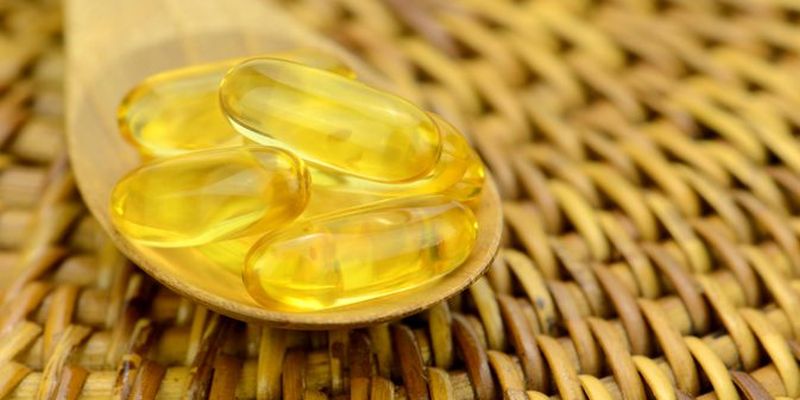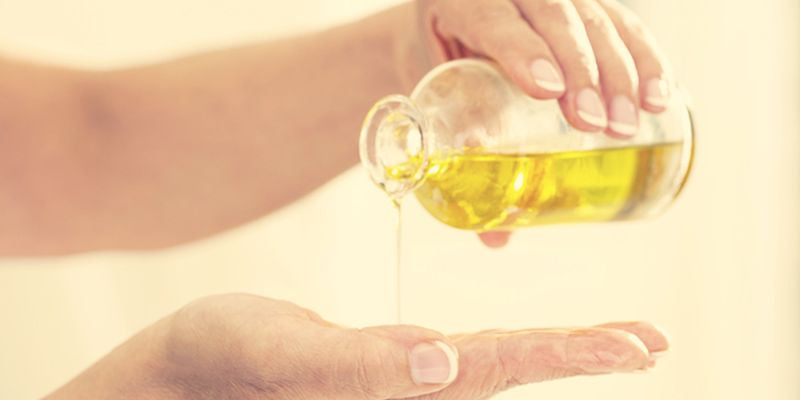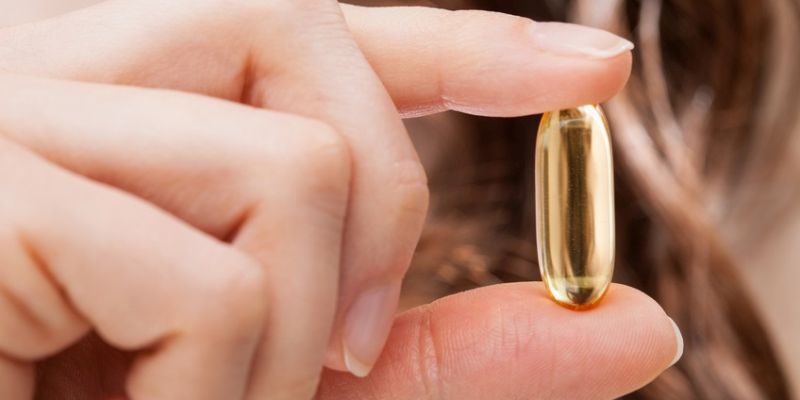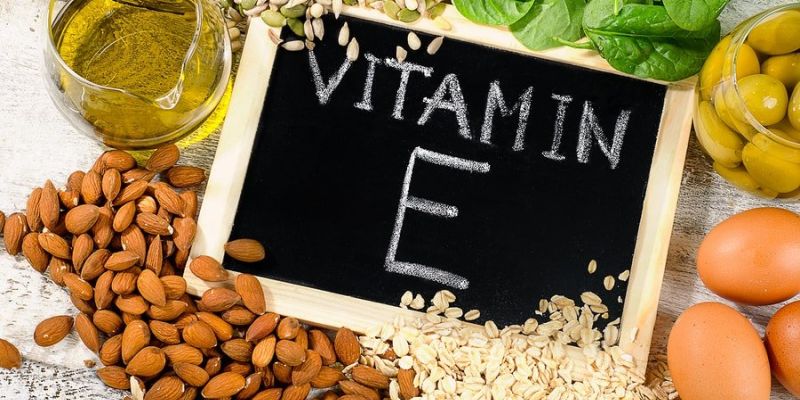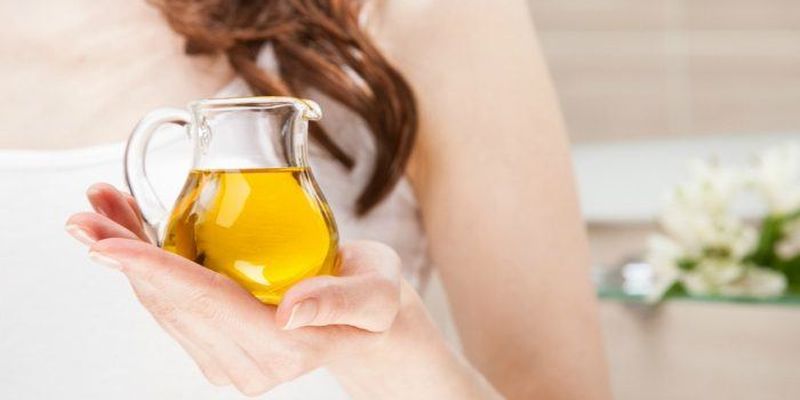Vitamin E benefits
|
|
Time to read 4 min
|
|
Time to read 4 min
We all know vitamins and minerals are necessary for optimal health, but few of us understand just how they work. Sure, some have purposes that are pretty well known – like vitamin C for the immune system – but others can be a little more obscure. Today, we’d like to talk about a lesser known vitamin that’s crucial for healthy skin. If you’ve ever asked yourself: “What does vitamin E do?” This article is for you.
Table of content
A fat-soluble vitamin, vitamin E was first observed and named in 1922, but research on its health benefits has been ongoing ever since. Its most common form is known as alpha-tocopheryl. While much of the available information about vitamin E runs on the confusing and scientific side, the benefits it offers the human body are plain and simple. Vitamin E provides antioxidant advantages among others, and because of its fat-soluble nature, it protects skin and other cells from damage and dehydration.
Perhaps you’ve noticed vitamin E popping up in some of your cosmetics lately – and for good reason. It’s well known that antioxidants protect against skin-damaging free radicals. Fortunately for us, vitamin E is a potent antioxidant, making it a valuable player in the fight against chemical and sun-induced skin damage.
It can also improve the overall appearance of skin, keeping fine wrinkles and age spots at bay. Much of this is done by regenerating new skin cells that are healthy and hydrated. These new cells appear plump, leading to a smooth, glowing look. It is a must for any quality anti-aging cream.
On top of its cosmetic properties, this powerful vitamin also plays a role in wound healing. One study looked at bioadhesive films fortified with vitamin E and aloe vera. Results revealed accelerated healing times – particularly in burns. Research also supports the use of vitamin E for scars and its part in reducing their appearance. Other studies indicate that it can help repair skin following UV exposure.
As an antioxidant, vitamin E improves circulation, particularly in smaller vessels such as those feeding the scalp. As a result, it helps improve the health of the hair, leading to thicker, shinier and stronger strands. Fortunately, vitamin E benefits aren’t limited to the outer portion of the body. It reaches far beyond, lending its nutrients to the brain, circulatory system and other important areas.
In fact, researchers continue to conduct studies on antioxidants – vitamin E being one of them – and their role in combating cognitive decline. Vitamin E also fights against atherosclerosis (aka plaque buildup in the arteries) by decreasing bad LDL levels and preventing blood clots. Other benefits include:
Vitamin E comes in many forms, but you’ll want to choose a type based on what concern you hope to treat. If you’re addressing a skin, hair or nail condition, topical applications are best, allowing you to treat the problem at its source. Vitamin E oil can be applied to nails and cuticles for strengthening as well as used in shampoos and conditioners to tame frizz, improve strength and add shine.
Choose a topical application that contains both tocopherols and tocotrienols because these components absorb at different rates and create the best cell membranes. Also, consider creams made with a blend of vitamin E and vitamin C for better results following sun exposure or for acne and eczema.
As for mood or cardiovascular use, dietary supplements are more beneficial. They’re most commonly manufactured in pill or liquid form. You should also add foods high in vitamin E to your diet, such as wheat germ, plant seed oils, almonds and leafy green vegetables.
Because vitamin E is fat-soluble, it doesn’t excrete quickly from the body. Therefore, it’s important not to take too high of a dosage internally. For the topical route, use creams and oils packaged in light-resistant bottles, which better preserve the vitamins. For a simple topical solution you can make at home, check out this DIY recipe:
Mix together and use as a lotion or cream! Or you can use one of our skincare products, most of which contain vitamin E plus even more ingredients.
From air pollutants to chemically abrasive products, our skin is attacked from virtually every angle. Lucky for us, nature provided a safe, effective way to protect against and repair such damage. A powerful antioxidant, vitamin E fights the very things that threaten to age us every day. The fact that it improves circulation, boosts eyesight and aids in cardiovascular health are just added bonuses. Maybe it’s time you give vitamin E a try? Your skin is sure to love it!
Yes, taking vitamin E daily can be beneficial, but it's best to follow recommended doses. Always consult a healthcare professional before starting any supplement.
Yes, vitamin E is excellent for the skin; it hydrates, protects against damage, and helps reduce signs of aging.
Vitamin E may help improve skin tone and reduce pigmentation, but it doesn't significantly whiten the skin. Its main benefits are hydration and protection.
Vitamin E can help reduce inflammation and promote healing, which may aid in the recovery of pimples, but it doesn't directly remove them.
Resources
1. https://www.healthline.com/health/all-about-vitamin-e
2. https://www.webmd.com/diet/supplement-guide-vitamin-e
3. https://www.webmd.com/drugs/2/drug-16945/vitamin-e-400-oral/details
Latest News
